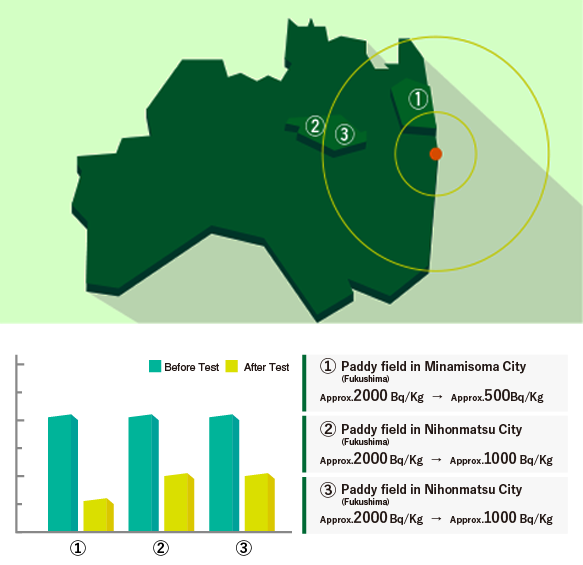Feared most after the disasters were the effects of radioactivity.
To absolve these fears, we have been working with countermeasures that are most suited to
our land and soil. Here we want to explain how this works, and our investment
in this particular method.
To absolve these fears, we have been working with countermeasures that are most suited to
our land and soil. Here we want to explain how this works, and our investment
in this particular method.


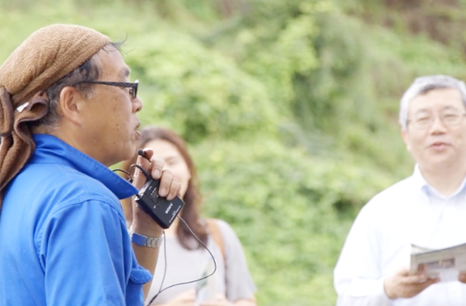
We hope that soon, more farmers will get personally involved with radioactive countermeasures to dispel any reputational damage done. And that Japan will someday have the honor delivering the safest and most delicious produce throughout the world. That is our hope.


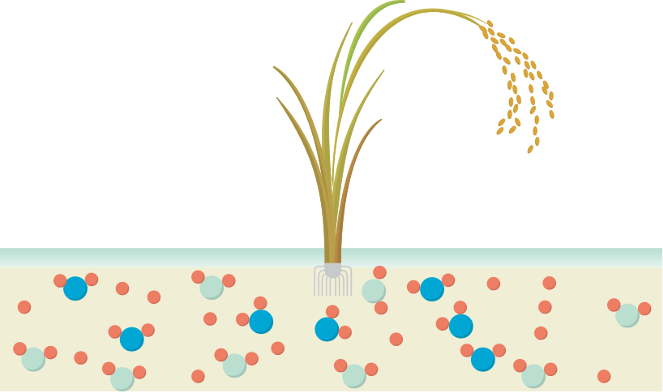
Despite the circumstances, rarely any farms in Fukushima use decontamination as a method. Instead, the common method is to prevent absorption of harmful substances.



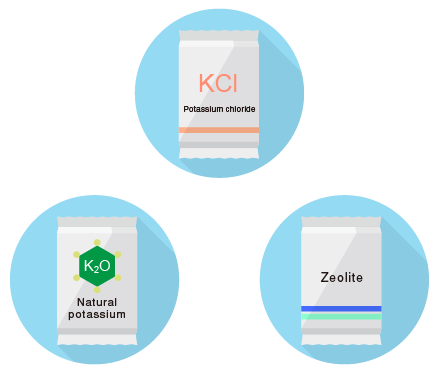
By spreading potassium chloride and zeolite across fields, the plants absorb the chloride before any radioactive substances, while the zeolite traps such particles. This method helps to prevent the plants from absorbing the harmful radiation.
However, being a chemical substance, potassium chloride can potentially decrease the taste and quality of agricultural produce. After recommendation from the country and other groups, we have started the use of natural chloride, harvested from sugarcanes.
However the substance absorption technique, as in its name, only functions by absorbing. It does not act as a countermeasure, meaning that the radioactive substances themselves are indeed still contained in the soil.
However, being a chemical substance, potassium chloride can potentially decrease the taste and quality of agricultural produce. After recommendation from the country and other groups, we have started the use of natural chloride, harvested from sugarcanes.
However the substance absorption technique, as in its name, only functions by absorbing. It does not act as a countermeasure, meaning that the radioactive substances themselves are indeed still contained in the soil.


Though the reality that radioactive substances still remain in the soil is clear, our goal has been to return the farmland to the state before the earthquake. To achieve this, we have become actively involved in organic decontamination.
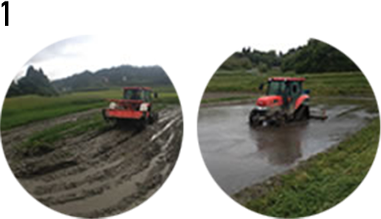
Spread Natto across the fields, before plowing and irrigating.


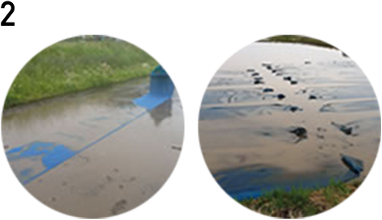
Spread Natto across the fields, before plowing and irrigating.
As the radioactive cesium melts out into the water, those particles are absorbed by Prussian Blue non-woven fabrics. Finally by collecting these fabrics, the decontamination is complete.



